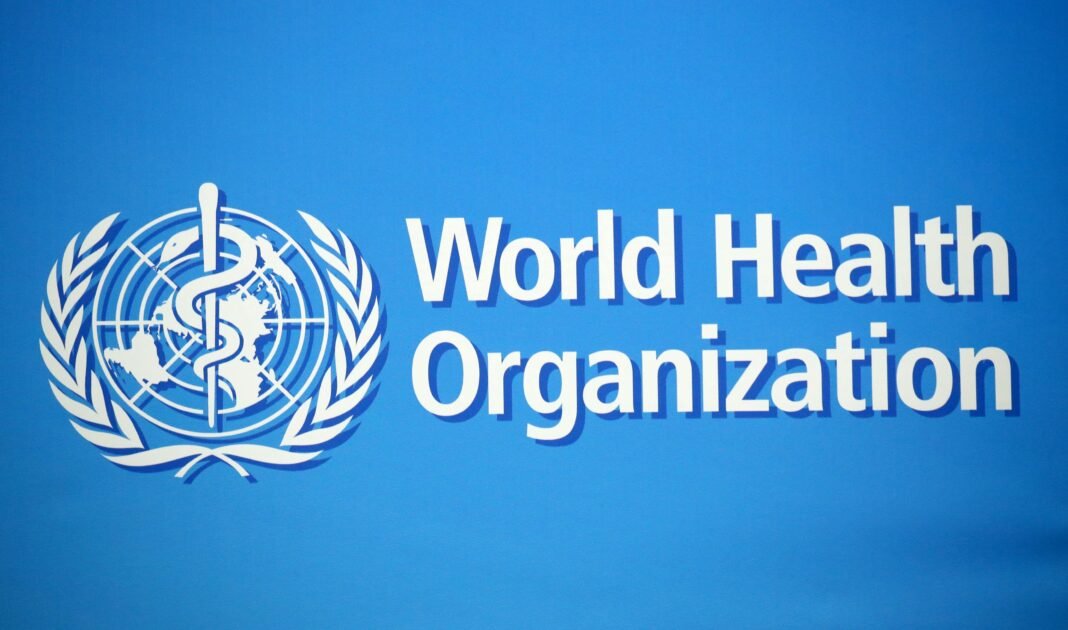It is vital that countries in our Region continue to investigate and report these variants to WHO, so that we can coordinate efforts to monitor their impact and advise countries accordingly
- Almost six million people have been infected with COVID-19, and almost 140,000 people have tragically died
- Thirteen countries have reported cases of at least one of the three new variants reported globally, including those which may have higher transmission rates
- The appearance of new variants has raised questions about the potential impact of vaccines on these variants
The Director of the WHO Regional Office for the Eastern Mediterranean issued the following remarks at the Virtual Press Conference -COVID-19 on Monday 15 February 2021:
Dear colleagues,
Thank you for joining us today.
More than one year after the first case of COVID-19 was reported in our Region, the situation remains critical. Almost six million people have been infected, and almost 140,000 people have tragically died. In our Region, where people and health systems are constantly ravaged by conflict, natural disasters, and disease outbreaks, this virus has stretched us all to our limits.
As we review the current situation across the Region, there seems to be an overall stabilization in the number of cases. But this obscures the numbers at country level, where several countries are reporting concerning increases. Several countries in the Gulf are seeing new increases in cases, and in Lebanon, Intensive Care Unit capacity in some hospitals has reached 100%, with patients being treated in other hospitals wards or other empty spaces.
We are also concerned about the new variants. Thirteen countries have reported cases of at least one of the three new variants reported globally, including those which may have higher transmission rates. Some new variants are associated with greater contagion and could cause an increase in cases and hospitalization. Considering how many hospitals are already at maximum capacity, this has a negative effect on other essential health services.
It is vital that countries in our Region continue to investigate and report these variants to WHO, so that we can coordinate efforts to monitor their impact and advise countries accordingly. Fourteen countries in the region have genome sequencing capacity, but some countries are currently performing more sequencing of the virus than others.
WHO is assisting countries without sequencing capacity to identify new variants and transport specimens to regional reference laboratories. We are continuously encouraging countries with sequencing capacity to share their data through public databases or platforms.
The appearance of new variants has raised questions about the potential impact of vaccines on these variants. In some cases, mutations could affect the response to vaccines, and we have to be ready to adapt vaccines, so they remain effective.
It also highlights the need to vaccinate as many people as possible before they are exposed to new variants. So far, more than 6.3 million doses of COVID-19 vaccines have been given to people in 12 countries of the Region.
We are pleased that the first wave of vaccines provided via the COVAX Facility will be reaching people in the occupied Palestinian Territory and Tunisia in the coming weeks. The remaining 20 countries in our Region are expecting an estimated 46 to 56 million doses of AstraZeneca/Oxford vaccine doses via COVAX Facility during the first half of this year.
But we are still seeing unequal distribution of vaccines roll-out around the world. WHO’s Director-General has called for the vaccination of health workers and older people to be prioritized in all countries within the first 100 days of the year. This has never been more critical than in our Region, where health workers are a rare and valuable resource, and vulnerable people should be the first to receive support, rather than be left behind.
And while there is a wish amongst leaders to protect their own people first, the response to this pandemic must be collective. Within our regional vision of “health for all by all”, we call for all well-resourced countries to show solidarity and support countries with low resources to access the vaccine.
While the vaccines are a tremendous breakthrough for the response to the pandemic, they are not enough. The cornerstone of the response remains our adherence to public health and social measures to suppress transmission, save lives, and prevent already saturated health systems from being overwhelmed. These proven public health measures could also limit the possibility of more dangerous variants of the virus appearing.
As we know, these measures include disease surveillance, laboratory testing, isolation and treatment of all cases, and quarantine and tracing of contacts. Masks, social distancing, good hygiene practices and avoidance of mass gatherings remain just as important today as at any time during the pandemic.
Again, we repeat that the countries that have been most successful in responding to the pandemic have taken these measures to scale.
Progress towards ending the COVID-19 pandemic is moving in the right direction. But this can only happen with the continued efforts of all people and all governments.
No one is safe until everyone is safe.
Thank you.




